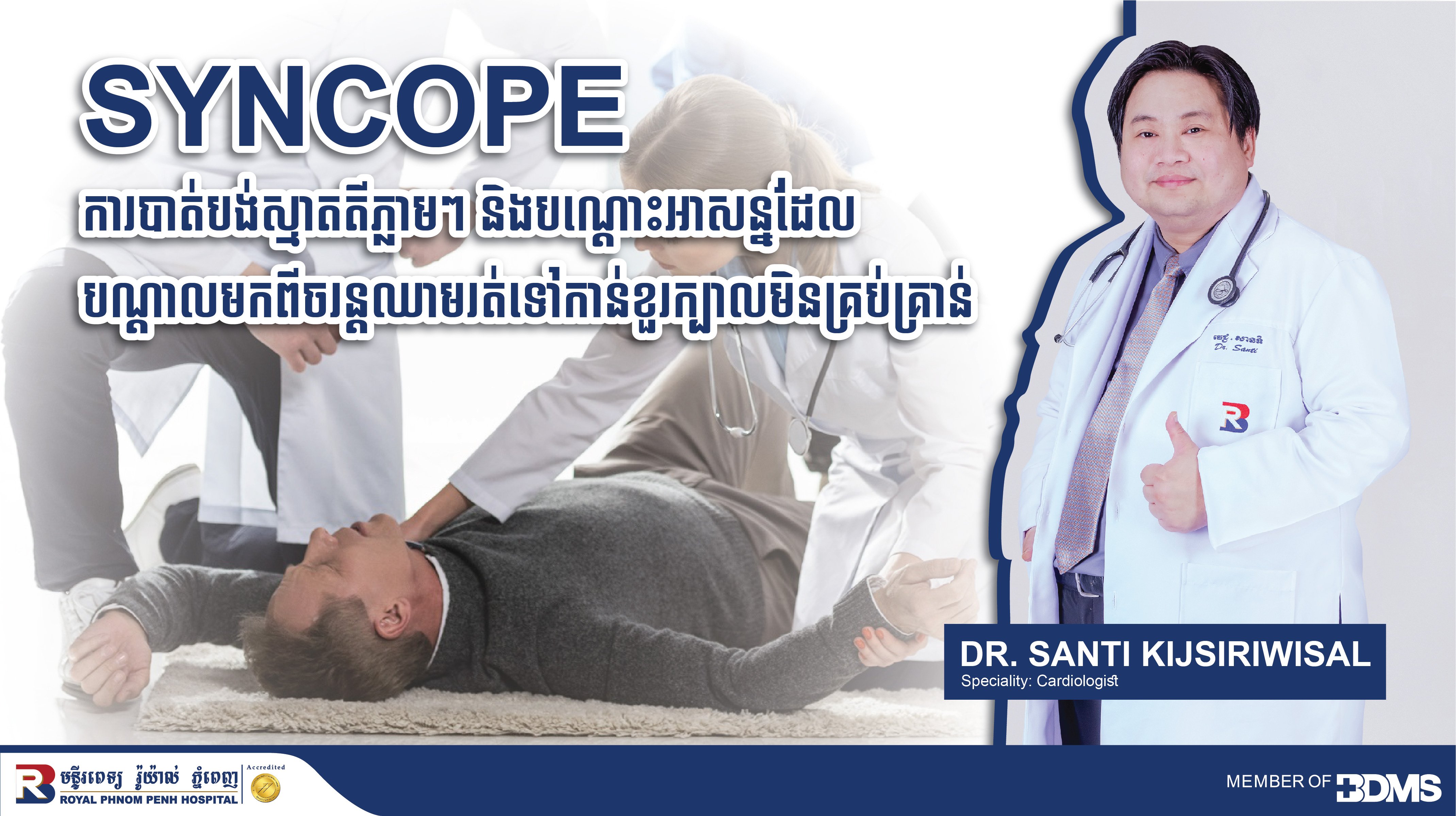Syncope is a sudden and transient blackout caused by insufficient blood flow to the brain
clinical most characteristic with rapid onset
Short duration (typically no more than 20 seconds, but can be several minutes) Spontaneous and complete recovery
How to distinguish between Seizure and Syncope? Eyewitness history is the importance Different Characteristics from a Seizure. Syncope does not have repetitive movement during the loss of consciousness, mostly no fecal or urinary incontinence and after waking up mostly full awakening
Syncope is classified as neurally mediated, heart, and orthostatic hypotension.
syncope from a heart condition is most dangerous and associated with increased morbidity and mortality.
Detailed history, physical examination, and electrocardiography may distinguish the cause of syncope
Neurally mediated syncope is due to an inappropriate autonomic reflex in response to a trigger and hence this is also known as reflex syncope.
History that suspected this condition is Precipitant/trigger: if situational, ask if the trigger consistently causes syncope Warning symptoms: classic pre-syncopal symptoms of nausea, sweating, feeling faint position: vasovagal syncope usually happens when standing
Postural (orthostatic) syncope involves a variety of syndromes in which syncope is dependent on standing up.
History that suspected this condition is The length of time from standing to syncope can be up to 45 minutes.
Position: clear association with standing prodrome: may be prolonged in delayed postural syncope Any cause for hypovolaemia: hemorrhage, diarrhea, vomiting, burns, or Diuretic medicine underlying disease: Diabetic
Syncope from a heart condition, Arrhythmia, and heart structural are the most causes of cardiac syncope History that suspected this condition is feeling of Palpitations Other cardiac symptoms (e.g. chest pain, breathlessness, edema) Presence of any previous heart disease including myocardial infarctions, surgeries, and any cardiac device details (pacemakers and ICDs) Family history of sudden cardiac death

High Risk: if you have this risk, Need to admit for close observation clinical
- Clinical history suggestive of a Heart problem: arrhythmia, heart structure problem
- Comorbidities: severe anemia, electrolyte imbalance, hypoglycemia, etc.
- abnormal EKG
- Family of sudden cardiac death
- Low blood pressure
- clinical of Coronary artery disease, Congestive heart failure
if no high risk, Outpatient evaluation may suggest. with no further investigation whereas syncope from heart condition needs more investigation and treatment.
Dr. Santi Kijsiriwisal
Speciality: Cardiologist







